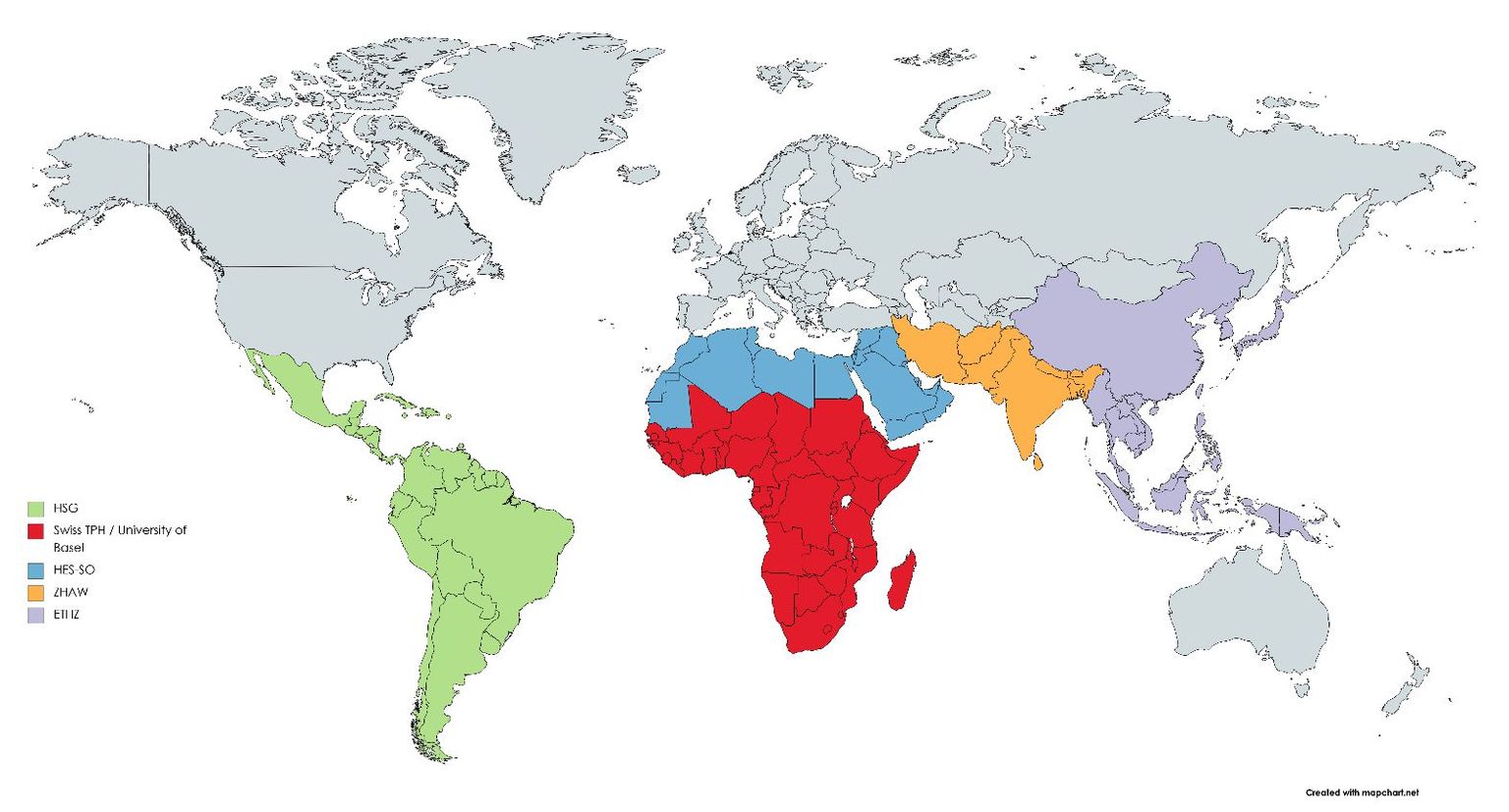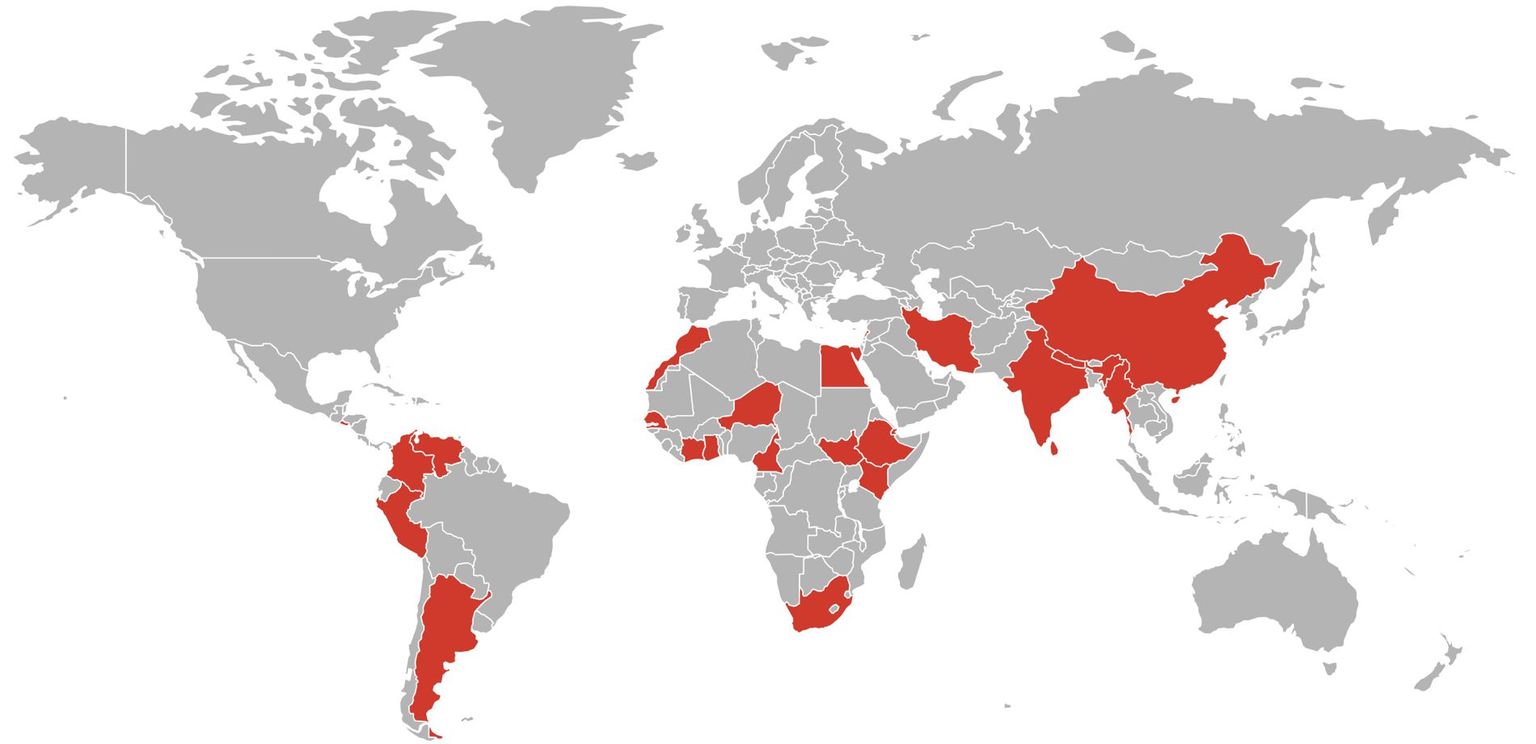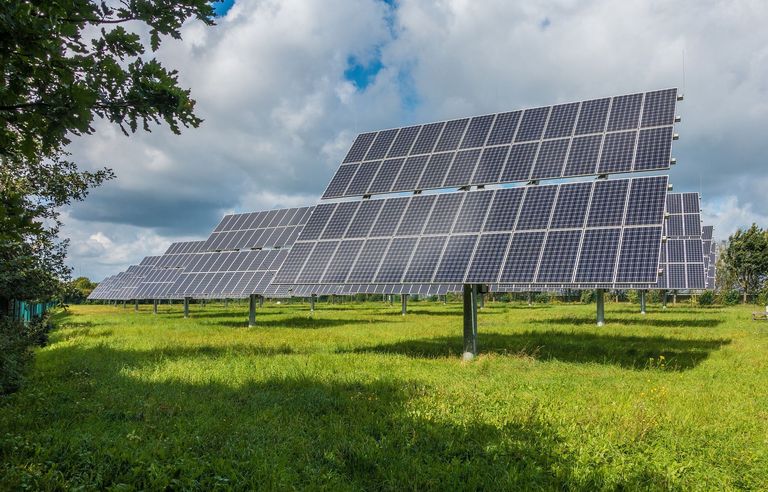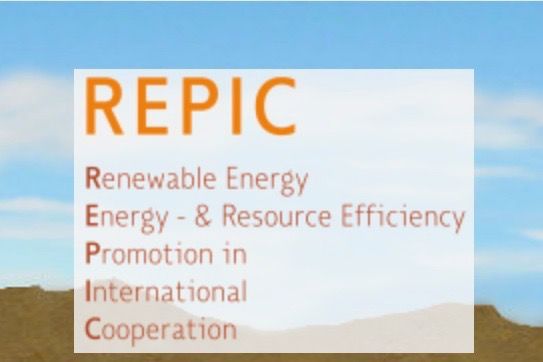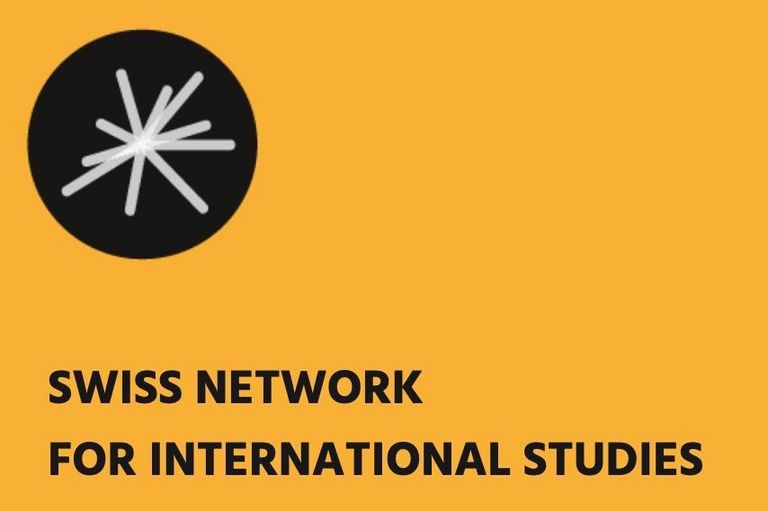
Amazon +10 Initiative: Call opening
The SNSF is participating in the Amazon +10 call coordinated by Brazil that aims to support scientific projects within the Legal Amazon and is open to researchers from all disciplines. Submission deadline: 29.04.2024
Immagine: Swiss national science foundation
Leading House South Asia and Iran: Call for Proposals, Workshops & Symposia 2024
A call is open to support workshops and symposia financed by the Leading House South Asia and Iran. Deadline 30 April, 2024
Immagine: Robert_Kneschke, stock.adobe.com
Velux Stiftung: Call for Proposals Ophthalmology in LMICs 2024
Call for proposals in the ophthalmology program targeting challenges in low- and middle-income countries (LMICs). Apply before 30 April 2024.
Immagine: Velux Stiftung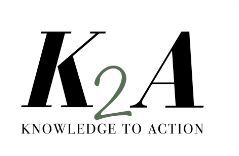
K2A Mobility Subsidy 2024
This subsidy seeks to facilitate exchanges of and collaborations between researchers in Switzerland and South Asia and within South Asia. The intention is to promote knowledge production and circulation in the domain of sustainable development in South Asia and Switzerland that is community-based and/or directly policy relevant. Submission deadline: 30 April
Immagine: https://k2asouthasia.com/opportunities-2/


